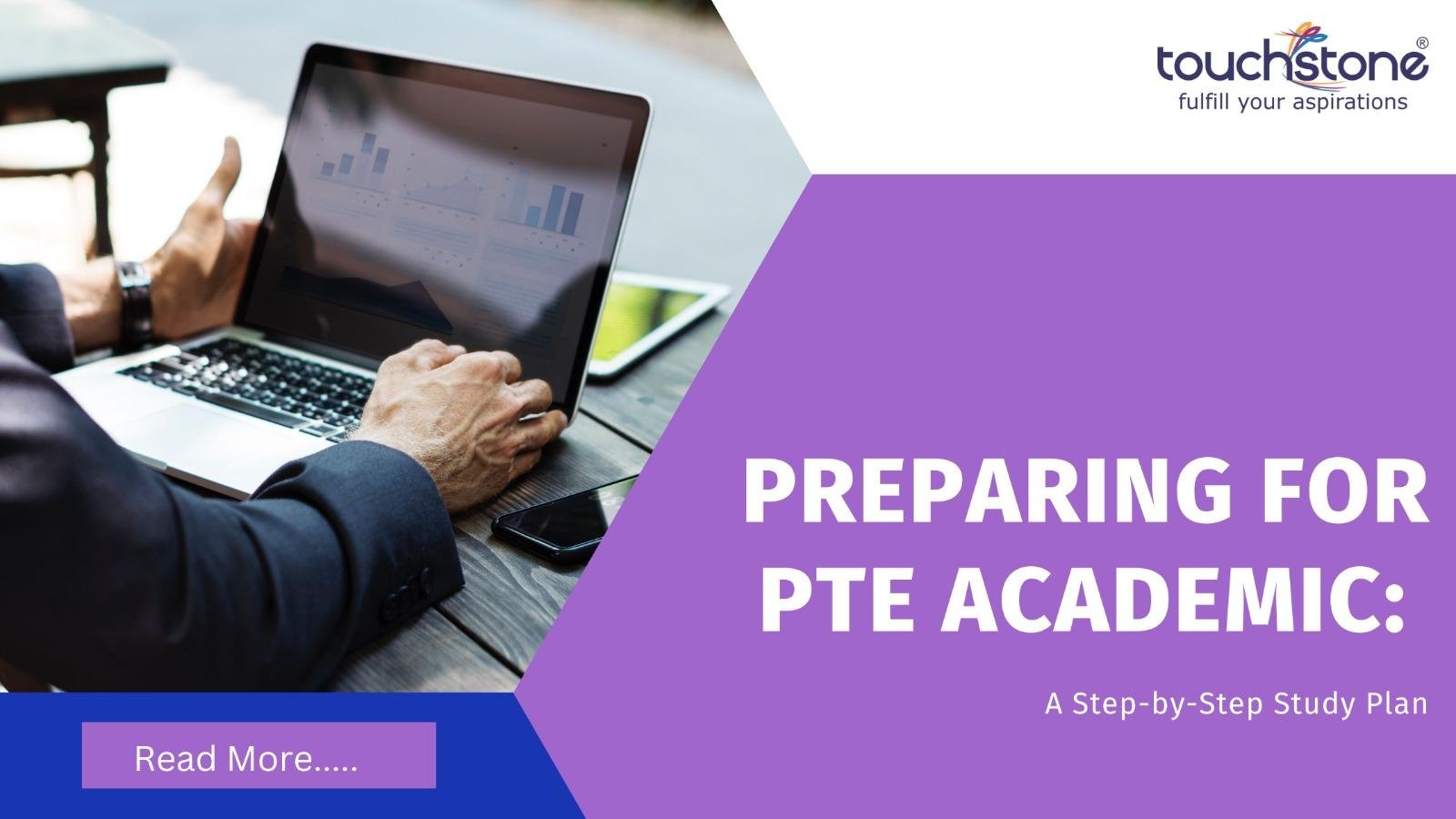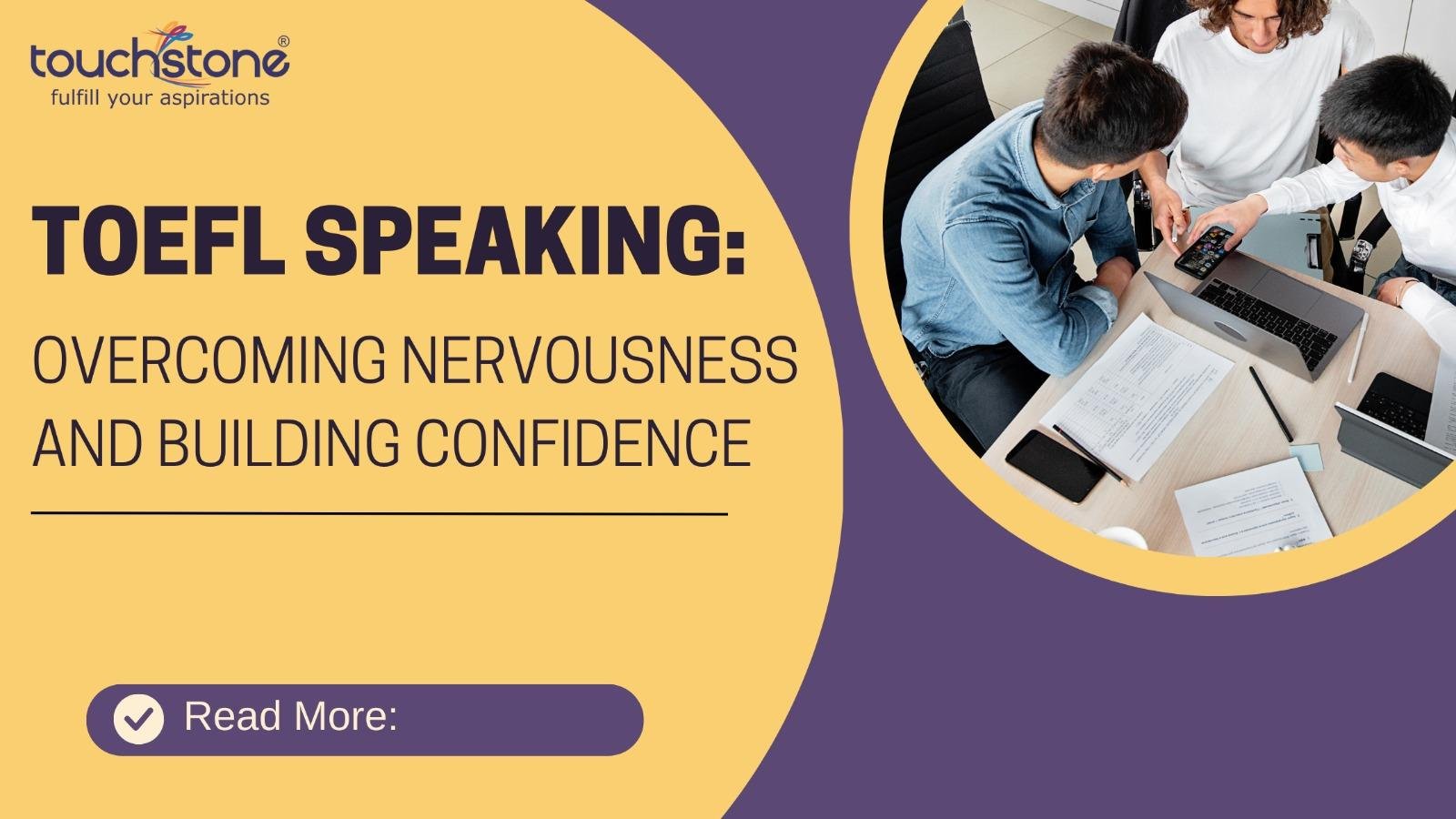Having been declared the Country with best reputation in the world, Canada seems to fall among the top notch countries that offer great residential as well as educational services to people from around the world. If you are looking for a bona fide reason to pack your bags and move to Canada, then stop your search.
These are the top reasons for you to get enrolled in one of Canada’s educational institution as an international scholar.
You can avail scholarship to study in Canada
As compared to the costs, the rewards of studying in Canada are bigger. There are a number of scholarship programs available for Canadian as well as international students. These scholarships are offered by both government and universities in Canada.
Feel like a second home
No matter where you are from, Canada will impart a sense of homeliness to you. Through the establishment of multiculturalism policy of Canada in 1971, it became the first country to declare multiculturalism officially. People living in Canada believe in harmony among all irrespective of region, religion, nationality, or language. Thus, when you go to Canada for attaining higher education, you will find it easy to settle down in the new environment that makes you feel at home.
Experience life in one of the most attractive countries in the world
The data for 2017 by university of Alberta reveals that the graduate program applications from international students have increased by 82 percent overall. The country offers education at worldly renowned universities, low cost of living, high employment rate, and low crime. While studying in Canada, you will get to know a lot about different cultures from around the world. In addition to this, the eye catching beauty will make you fall in love with the country.
Canadian government prioritizes education
One of the best advantages of choosing to study in Canada is that the Canadian government prioritizes to attract international students through various strategies. The officials not only plan to attract students for education but also take care of retaining them after graduation by offering them work opportunities.
At Touchstone, we aim to deliver the best solution to all your study abroad needs. You will be acquainted with all the available study programs that will help you in making a wise choice. Our counsellors and visa specialists are available to hear all your queries and provide you with the right solution. Feel free to contact.





